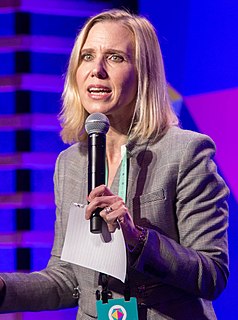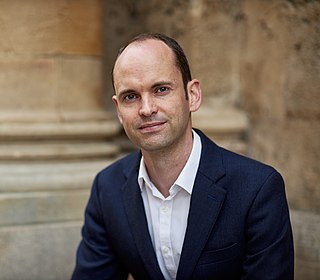A Quote by Ray Dalio
I've learned that each mistake was probably a reflection of something that I was (or others were) doing wrong, so if I could figure out what that was, I could learn how to be more effective.
Related Quotes
I didn't realize how different our band's senses of melody actually were. I would write a part that just made perfect sense to me, but for them, it was mind-boggling. Likewise, they could play stuff with relative ease that I never could have. If there was something lost in translation melodically, it wouldn't work at all - we'd just be 17 people in a giant room staring awkwardly at each other. When that happened, I'd go home, figure out what was wrong, fix it, and then return to smooth sailing.
In my research, I learned that the Boxers' kung fu wasn't all that formalized. The vast majority of them didn't belong to some age-old martial arts tradition. They were basically poor, starving teenagers doing the best they could to figure out how to fight, relying more on their mystical beliefs than formal training.
When I went to college in 1988, most people were probably trying to figure out how they were going to decorate their rooms, who was going to be on their floor, what classes they were going to take. My big preoccupation at that point was figuring out how I could get my absentee ballot so that I could vote in Ohio for Michael Dukakis at that time.
Figure out the one solution - not three - that you want to see happen. There were quite a few things we could have gone after but we decided to focus on the commanders and that was a strategic decision because that, for us, would be the most vulnerable point and the most effective one that could immediately change.
Many have marked the speed with which Muad'Dib learned the necessities of Arrakis. The Bene Gesserit, of course, know the basis of this speed. For the others, we can say that Muad'Dib learned rapidly because his first training was in how to learn. And the first lesson of all was the basic trust that he could learn. It is shocking to find how many people do not believe they can learn, and how many more believe learning to be difficult. Muad'Dib knew that every experience carries its lesson.
As a scientist, objectivity is one of my most deeply held values. If we could just try harder, I once thought, surely we could each see the world as others see it and learn to respect one another's views more readily. But I learned from the Pirahas, our expectations, our culture, and our experiences can render even perceptions of the environment nearly incommensurable cross-culturally.
I learned that everyone makes mistakes and has weaknesses and that one of the most important things that differentiates people is their approach to handling them. I learned that there is an incredible beauty to mistakes, because embedded in each mistake is a puzzle, and a gem that I could get if I solved it, i.e. a principle that I could use to reduce my mistakes in the future.
But you listen to Coltrane and that's something human, something that's about elevation. It's like making love to a woman. It's about something of value, it's not just loud. It doesn't have that violent connotation to it. I wanted to be a jazz musician so bad, but I really couldn't. There was no way I could figure out to learn how to play.
I feel like the inspiration is that I've managed to change my songwriting over the past couple of years and also production styles. I could get a sense of what really worked well, and I think this sound developed naturally. That's what happens when you're doing it all the time and changing as a person. Some songs were really dark, and others were more psychedelic. It was useful to have that to figure out exactly what I wanted to do.


































